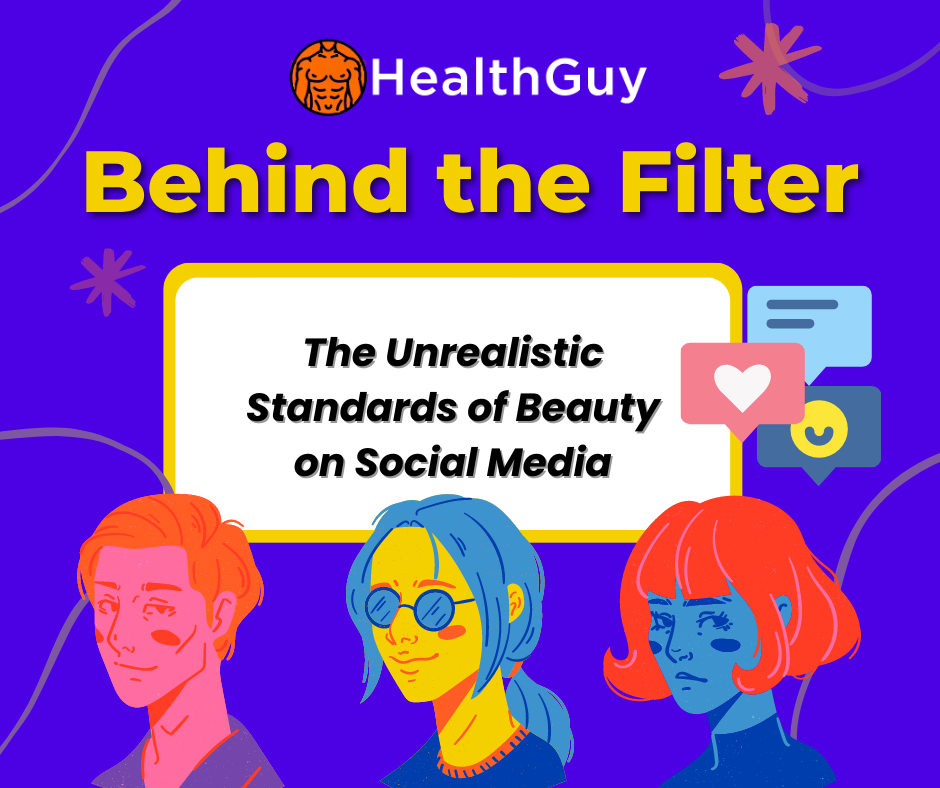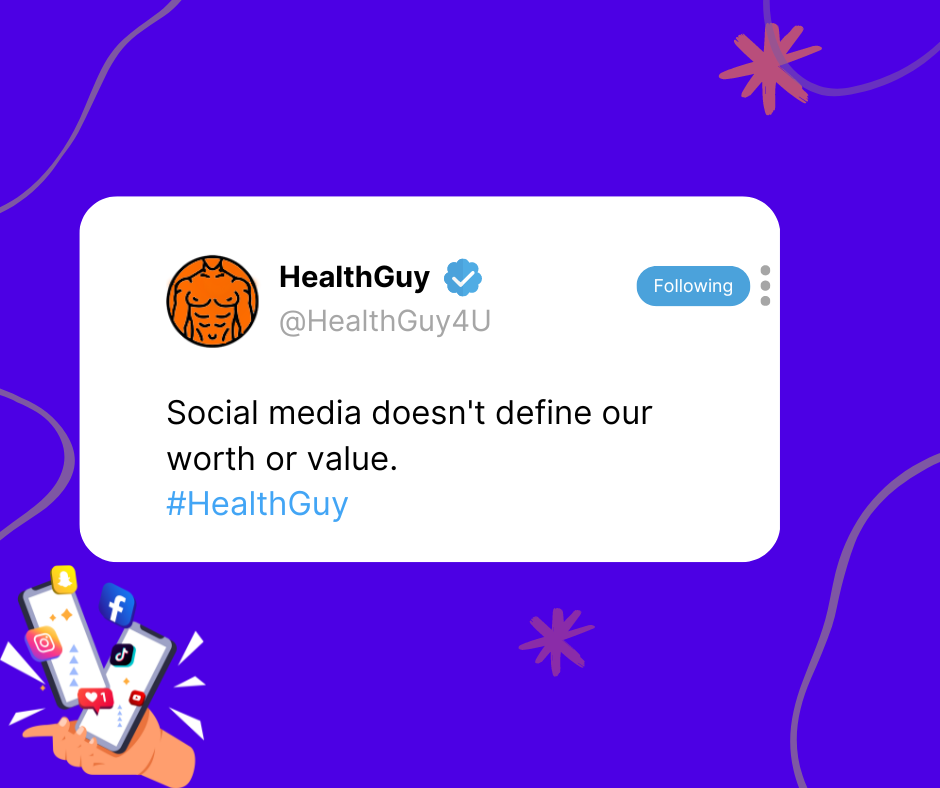
Behind the Filter: The Unrealistic Standards of Beauty on Social Media
Social media has become an integral part of our daily lives, allowing us to connect with friends and family, stay updated on current events, and even showcase our creativity. However, the use of social media has also been associated with negative impacts on mental health, particularly body image and self-esteem.
The constant exposure to perfectly curated images of “ideal” bodies on social media can lead to feelings of inadequacy and dissatisfaction with our appearance. This can manifest in unhealthy behaviours such as restrictive eating, excessive exercise, and even body dysmorphia. Moreover, the comparison culture on social media can lead to feelings of social isolation and loneliness, as we perceive others to be living perfect lives while we struggle.
Studies have shown that social media use is associated with body dissatisfaction, a negative body image, and low self-esteem, especially among young people. A study published in the Journal of Youth and Adolescence found that girls who spent more time on social media were more likely to compare their appearance to others and experience negative feelings about their bodies. Another study published in the International Journal of Eating Disorders found that the more time adolescent girls spent on Facebook, the more likely they were to have a negative body image and engage in disordered eating behaviours.
One reason for this negative impact is the prevalence of images that promote an unrealistic and idealized standard of beauty. Social media platforms are flooded with images of thin, toned bodies, flawless skin, and perfect makeup often achieved through filters and photo editing. These images can create a false sense of what is considered normal or desirable and can lead to unrealistic expectations of ourselves.

Moreover, social media can be a breeding ground for comparison culture. We see highlight reels of others’ lives and may feel pressure to keep up or compete. This can lead to feelings of inadequacy and anxiety, and ultimately, lower self-esteem.
To cultivate a positive relationship with social media, it’s essential to understand the potential negative impact it can have and take steps to mitigate it. It’s important to remember that social media is just one aspect of our lives, and it doesn’t define our worth or value. We can also make a conscious effort to promote body positivity and self-love by sharing authentic, unfiltered images and being kind and supportive to ourselves and others online.
Finally, it’s crucial to seek help if social media is negatively impacting your mental health. If you or someone you know is struggling with body image or self-esteem, consider speaking to a mental health professional who can provide support and guidance. Remember, taking care of our mental health is just as important as taking care of our physical health.
So, how can we cultivate a positive relationship with social media while still enjoying its benefits?
Here are a few tips:
- Be mindful of whom you follow: Follow accounts that promote body positivity and self-love and avoid accounts that make you feel bad about yourself. Remember that not everything you see on social media is real and that people often only show their best selves online.
- Take a break: If you find yourself spending too much time on social media, take a break. Consider a digital detox and disconnect for a day or two. Use that time to engage in activities that make you feel good about yourself, like exercising or spending time with loved ones.
- Focus on the positive: Use social media to connect with like-minded individuals and find communities that share your interests. Engage in positive conversations and celebrate the successes of others. Instead of comparing yourself to others, focus on your journey and celebrate your accomplishments.
- Practice self-care: Take care of yourself physically and emotionally. Prioritize healthy habits such as eating well, exercising regularly, getting enough sleep, and engaging in activities that make you feel good about yourself. Take time for self-reflection and practice self-compassion.
In conclusion, social media can have both positive and negative impacts on our mental health. By being mindful of whom we follow, taking breaks when needed, focusing on the positive, and practising self-care, we can cultivate a positive relationship with social media and protect our mental health. Remember, you are more than your online presence, and your worth is not determined by the number of likes or followers you have.
